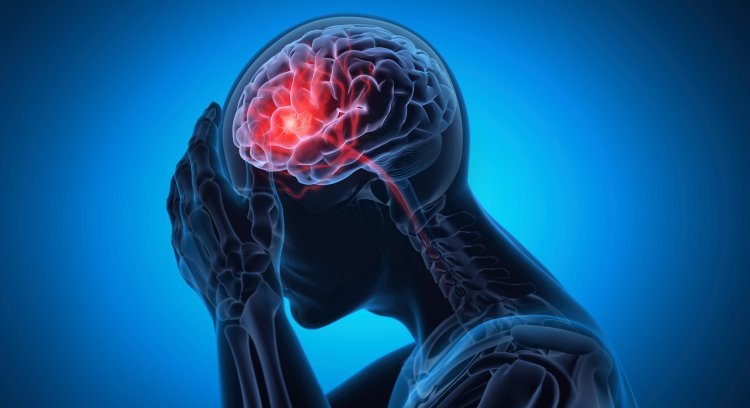Oxford Study: Viagra Enhances Brain Blood Flow and May Help Prevent Dementia
Researchers have discovered that the drug sildenafil, better known by its brand name Viagra, can improve blood flow in both major and tiny brain veins.

According to a recent study, sildenafil, better known by its brand name Viagra, may be useful for purposes other than treating erectile dysfunction in men. Researchers at the University of Oxford have found that the medication can increase blood flow to the brain and blood vessel function in those who are at high risk of developing vascular dementia.
One disorder that significantly affects cognitive abilities, such as memory, judgment, and others, is vascular dementia. This occurs as a result of the brain's diminished blood flow harming the brain's tissue.
The finding represents a potentially crucial advance in the fight against dementia and was published in the journal Circulation Research.

Using MRI and ultrasound studies, researchers discovered that sildenafil can improve blood flow in both major and tiny brain veins. It improved the responsiveness of blood flow to carbon dioxide, a sign of better cerebrovascular health.
Furthermore, the study indicated that cilostazol and sildenafil reduced brain blood vessel resistance.
It did point out, nevertheless, that sildenafil had fewer adverse effects than cilostazol, especially in terms of diarrhea incidence.
"This is the first trial to demonstrate that sildenafil enters the brain's blood vessels in individuals suffering from this condition, enhancing blood flow and blood vessel reactivity," stated Dr. Alastair Webb, an associate professor at Oxford University's Wolfson Centre for Prevention of Stroke and Dementia.
According to him, one of the most frequent causes of vascular dementia is prolonged damage to the tiny blood arteries inside the brain. "This demonstrates the potential of this well-tolerated, widely-available drug to prevent dementia, which needs testing in larger trials," said Dr. Webb.
The study stated that prolonged damage to the brain's small blood arteries is not the only major cause of vascular dementia, as it also plays a role in 30% of strokes and 80% of brain bleeds. However, it did note that there are presently no particular medicines available for vascular dementia.
There were seventy-five individuals in the OxHARP trial who had a mild stroke and displayed mild to moderate small vessel disease.
What's Your Reaction?





















